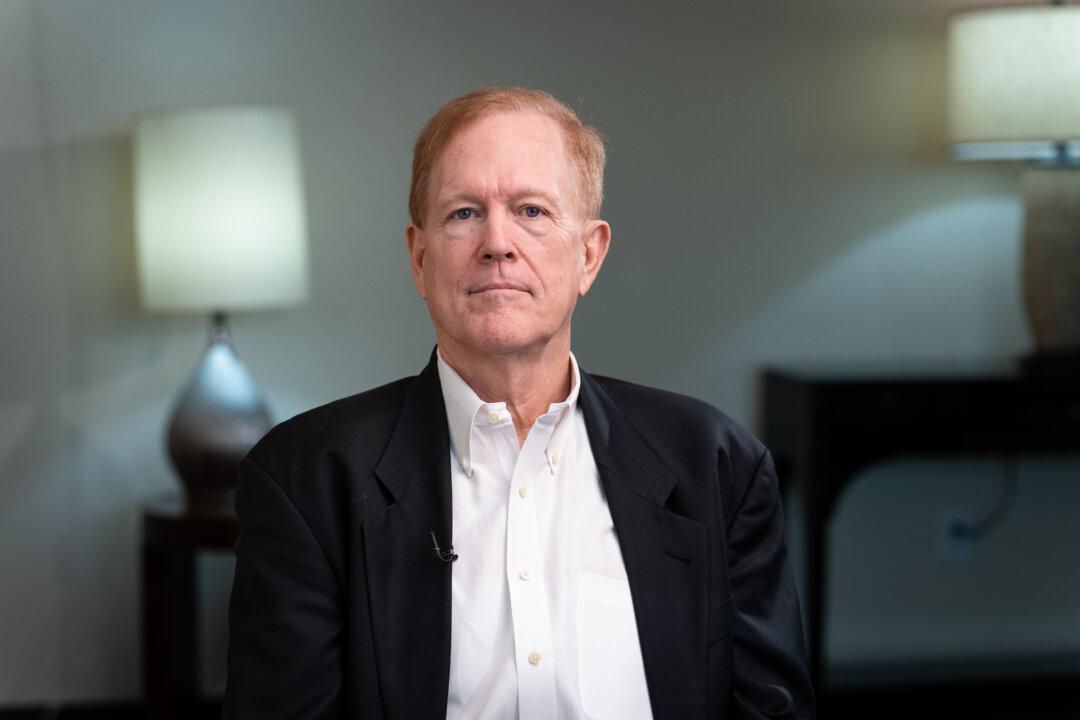In a recent episode of “American Thought Leaders,” host Jan Jekielek and Dr. Robert Lufkin discuss metabolic health, chronic disease, and the importance of lifestyle in preventing these diseases and living fuller, longer lives.
A self-described member of “the medical school academic establishment,” Dr. Lufkin has published hundreds of scientific papers and received millions of dollars in government funding. He is also the author of “Lies I Taught in Medical School: And the Truths That Can Save Your Life.”






